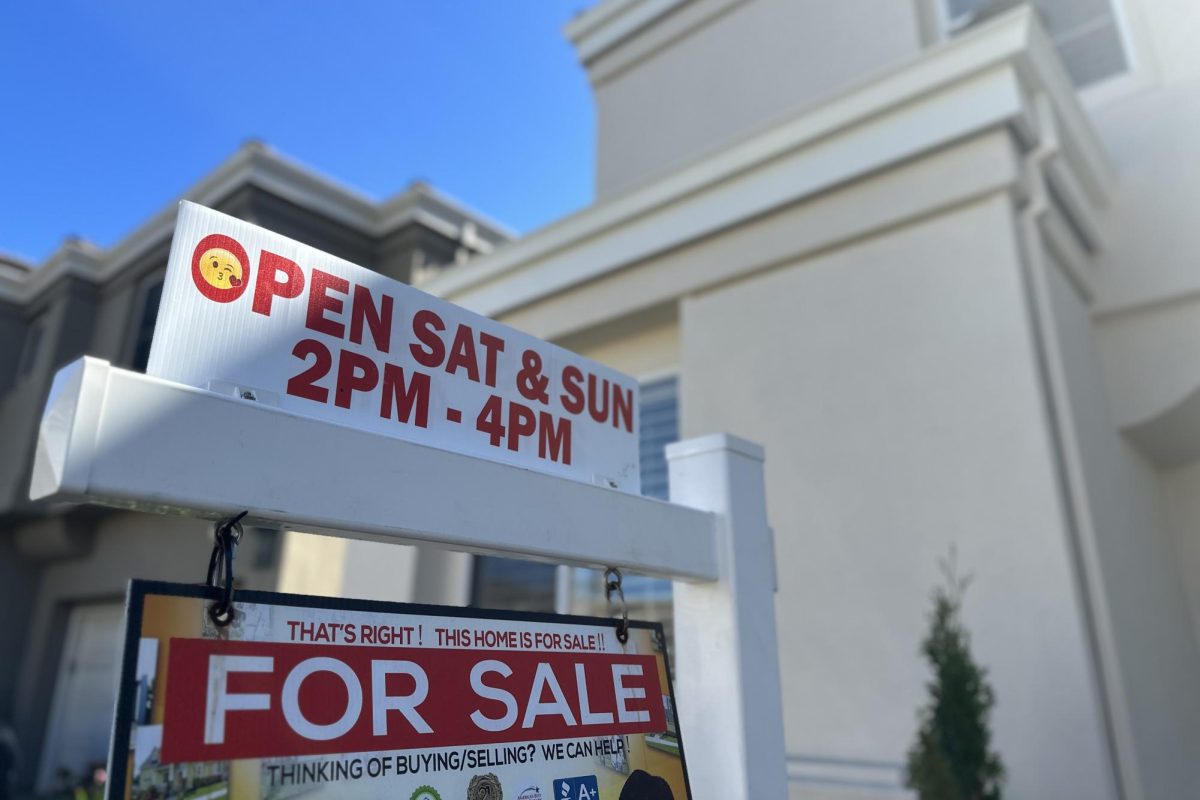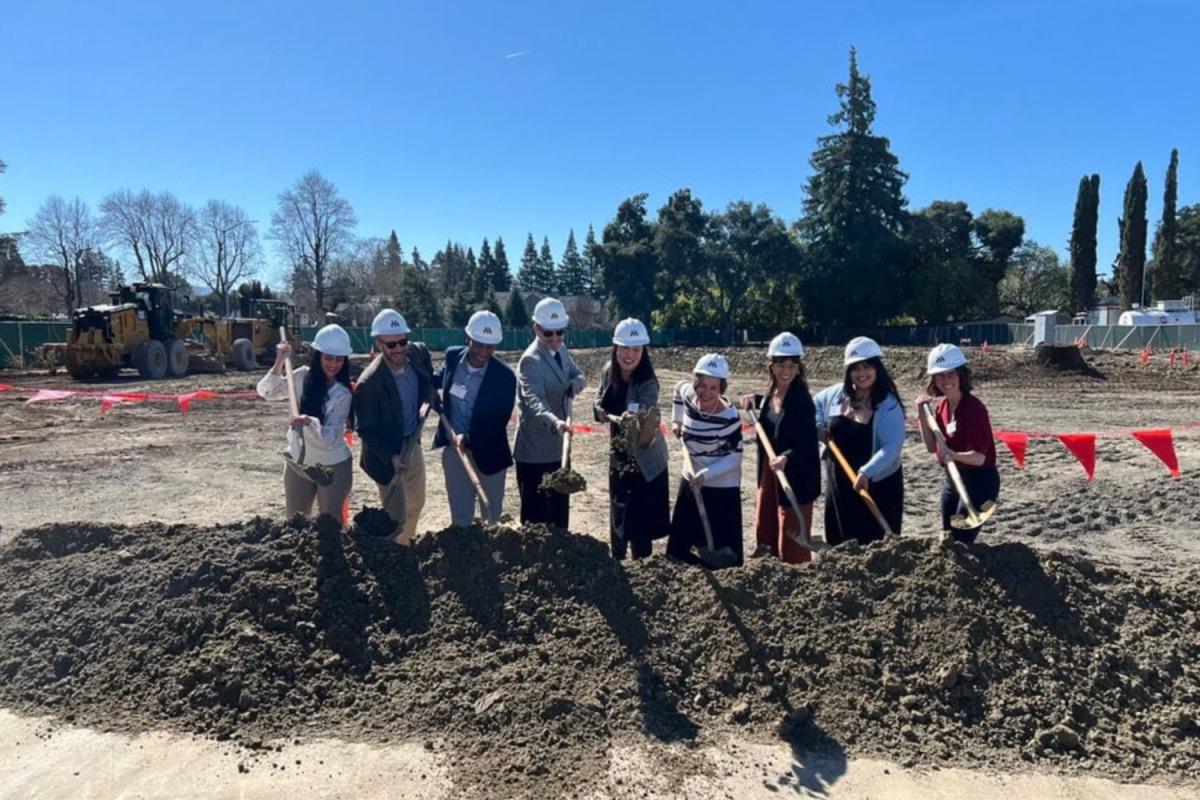San Mateo County (SMC) conducted a survey in the past two months asking residents about their biggest needs; over 2,600 residents from a diverse set of backgrounds and demographics responded with seven major themes emerging.
The results highlighted a few major needs, including more affordable housing, support for mental health, access to enrichment programs, a better plan for emergencies, support for seniors, and access to trade schools and career options.
“For me, I think the two biggest problems are that the disparity between the poor and the rich creates social unrest and conflicts as well as the shortage of affordable housing,” said Vicky Yu, a local resident who works as a health commissioner.
Homelessness remains a big issue in SMC, with over 1,800 homeless people in the most recent report. Well over half of these homeless people are unsheltered.
“Homelessness is a significant issue in our community. It is essential for us to come together and work towards finding sustainable solutions to provide shelter, support, and opportunities for those experiencing homelessness,” said Simon Ip, another resident who has been involved in the health industry for over a decade and currently works at a pharmaceutical company.
A huge reason for the homelessness problem in SMC is the extremely high prices of housing.
Over the past eight years, the median market price of a home in the Bay Area has risen 70 percent. In addition, the number of over $3+ million homes in the Bay Area has risen from 250 homes at the beginning of 2016 to over 1,750 homes.
“We don’t have enough affordable housing to house all the people,” Yu said.
Due to rising inflation and higher mortgage rates, housing prices have skyrocketed. Fewer and fewer homes are listed to sell, which has ultimately led to more houses being sold above their market price.
Another problem featured by the report from SMC was the matter of mental health within the community.
Mental health has been a more significant issue across the nation recently. With over 29% of Americans suffering from depression at least once in their life, the community as a whole aims to focus on helping with mental health and pressure from work and school.
“It is vital that we prioritize mental health awareness, reduce stigma, and ensure that accessible resources and support systems are available to all residents,” Ip said.
As students enter one of the most stressful stages of their lives, mental health awareness is also important in schools. However, less than half of the public high schools in America offer mental health treatment due to not enough funding among other reasons, according to Pew Research Center.
“Everyone has pressure, especially in school and all kinds of things. It’s pressing you and there’s a lot of weight on your back,” said Jack Sun, a sophomore at Carlmont. “(I would like to see) more support with homework and getting through the problems I have.”
The Board of Supervisors of SMC convened early in October to discuss some of these changes needed in the future, striving for “an equity focus” through transparency, measurable outcomes, simplified grant process, and continuous evaluation. During this meeting, InterEthnica, a company that works to center community voices and equity, stated that people focused on housing as the biggest issue to provide funds for.
“By addressing the challenges and working towards solutions, we can make a positive impact on the lives of our community members,” Ip said.






















